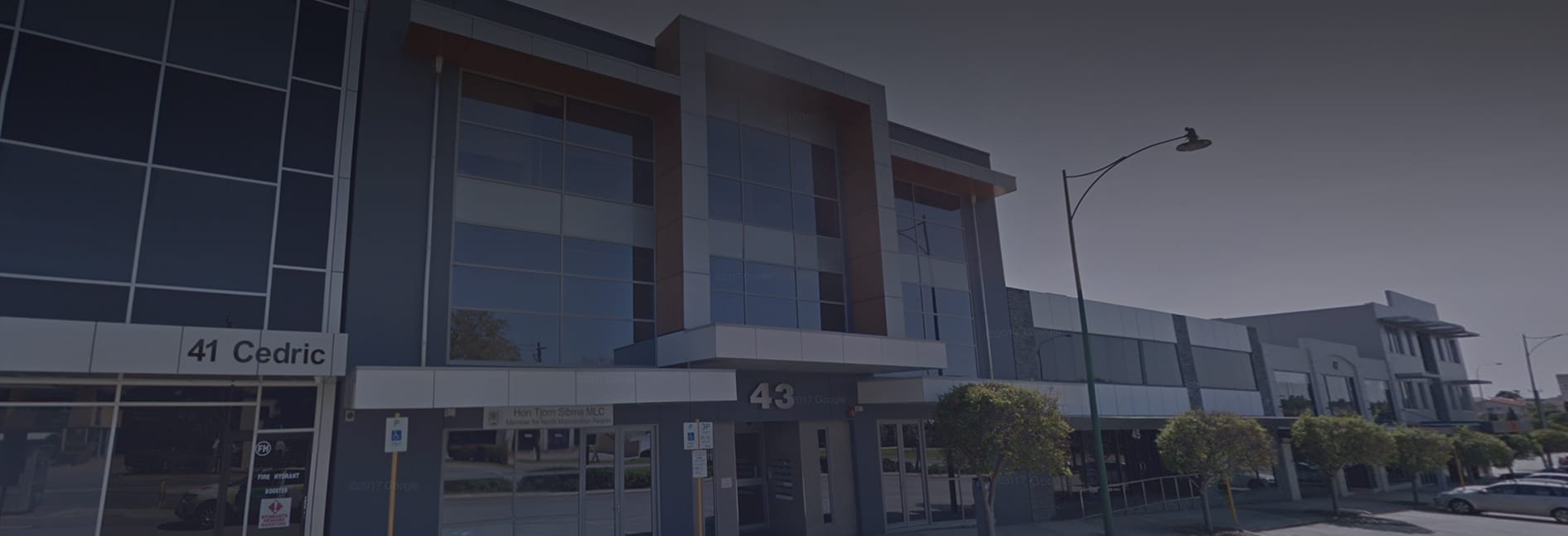Life can change in an instant. An Advance Health Directive directs which medical treatment is administered to you in the event you lose capacity or are unable to communicate your wishes.
This legal document provides clear guidance to your loved ones and healthcare providers in times of uncertainty, helping to avoid confusion, reduce stress and ensure that your wishes are understood when they matter most.
At Affinitas Legal, our Perth lawyers are here to support you in planning for the future. We take the time to understand your unique needs, helping you create a directive that truly reflects your values and preferences.




